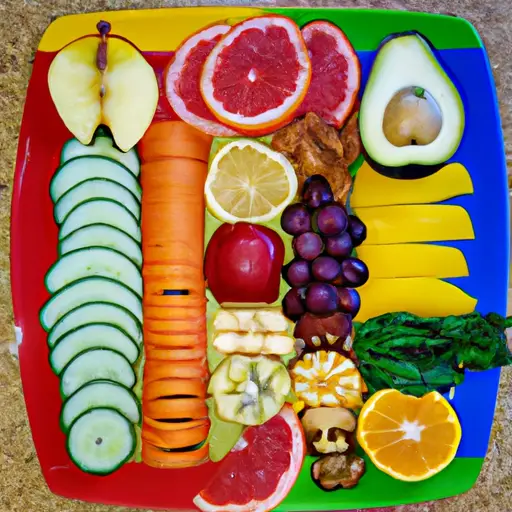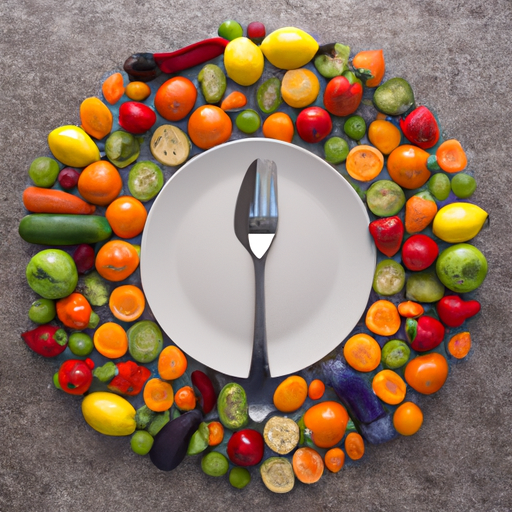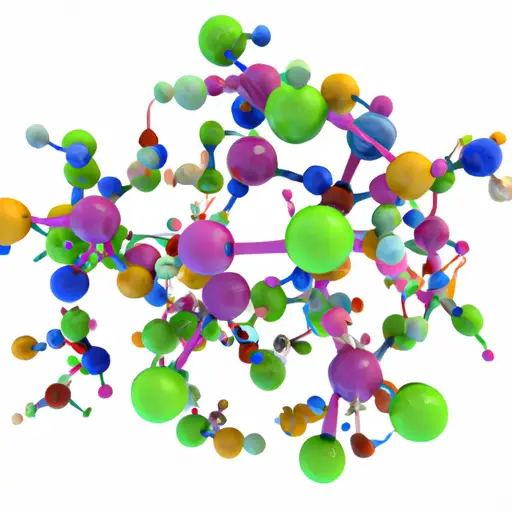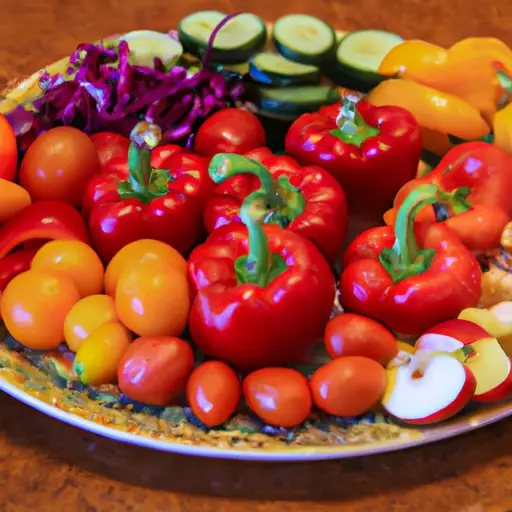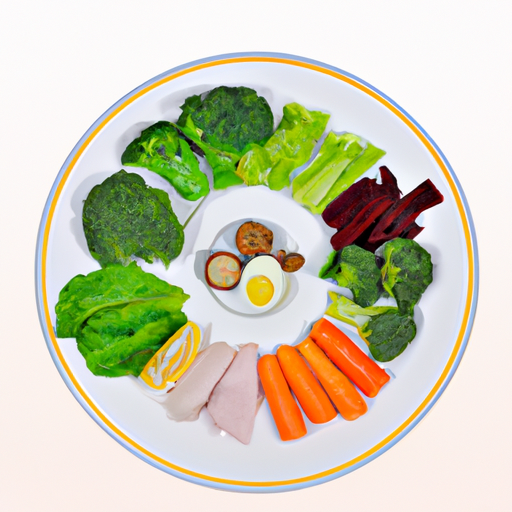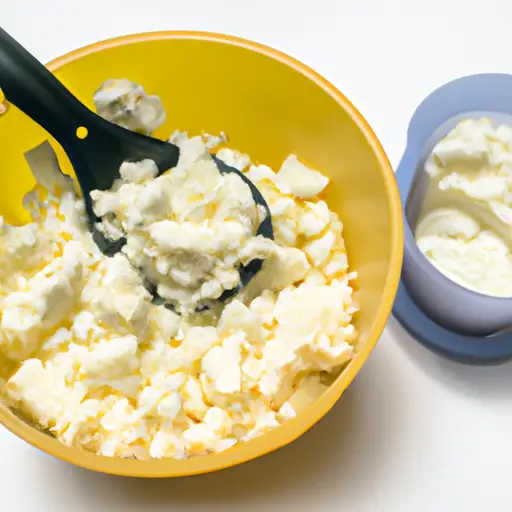The Essential Role of Calorie Management
Why Paying Attention to Calorie Intake is Key to a Healthy Lifestyle
Hey there, lovely people! Today, I want to talk to you about something that can make a big difference in your health: managing your calorie intake. This means being mindful of the amount of calories you consume daily and making sure you’re not overdoing it.
So, first things first. What are calories, you ask? They are units of energy that our body gets from the foods we eat. We need calories to perform all kinds of activities, from breathing and pumping blood to simply moving around. However, consuming too many calories can lead to health problems such as weight gain, high blood pressure, and heart disease.
That’s where managing calorie intake comes into play. By being mindful of the number of calories you consume daily, you can ensure that you’re nourishing your body while avoiding excess. In this blog post, I’ll explain why managing calorie intake is important, the benefits it can bring, and offer some tips on how to do it effectively.
If you’re interested in learning more about the connection between calorie intake and portion sizes, be sure to check out my previous blog post where I delve into the topic in more detail!
The Awesome Benefits of Managing My Calorie Intake
First thing’s first, let’s understand what calorie intake means. It’s the amount of energy we get from the food and drinks we consume every day. It’s crucial to maintaining a healthy lifestyle and can affect our overall well-being.
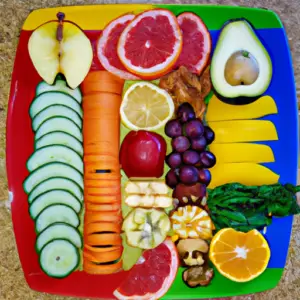
There are some amazing advantages to monitoring your calorie intake. One of the most significant benefits is improved health. By eating a balanced diet and maintaining a healthy weight, you can reduce your risk of developing chronic diseases such as high blood pressure, heart disease, and diabetes. Apart from lowering your risk of diseases, managing your calorie intake can also boost your energy levels. Eating the right foods can keep you feeling energized, focused, and motivated throughout the day.
Another fantastic benefit of managing your calorie intake is weight loss or maintenance. If you’re trying to shed some pounds, keeping track of the calories you consume every day is vital. By sticking to your recommended daily calorie intake, you can lose weight and reach your optimal body weight.
Portion sizes are equally important when it comes to managing calorie intake. Eating too much or too little can have harmful effects on your health. Different foods have different calorie counts, and your portion sizes should be tailored to your individual needs. By keeping your portion sizes in check, you can ensure that you’re consuming the right amount of calories.
Why Portion Sizes Matter More Than You Think
Okay, let’s be real here. We’ve all been guilty of overeating at some point. I mean, who can resist an extra slice of pizza or a second helping of mac and cheese, am I right? But here’s the thing: eating too much or too little can actually be really detrimental to your health.
Did you know that different foods have different caloric counts? For example, a cup of broccoli has about 55 calories, while a cup of mac and cheese has around 310 calories. So, if you’re chowing down on the mac and cheese, you’re actually consuming way more calories than you would be if you were eating the same volume of broccoli.
That’s why it’s so important to pay attention to portion sizes. But, here’s the thing: portion sizes shouldn’t be a one-size-fits-all. Your portion sizes should be tailored to your individual needs. Your age, weight, height, and activity level can all impact how many calories you need to consume in a day.
So, how can you make sure you’re eating the right portion sizes for you? Start by using measuring cups and/or a food scale to help you figure out what the correct portion sizes look like. Another tip is to fill up half of your plate with veggies, a quarter with protein, and a quarter with carbs. This is a general guideline and may not work for everyone.
The bottom line is that paying attention to portion sizes can have a big impact on your overall health and well-being. Plus, it can even help you lose or maintain weight and increase your energy levels. So, next time you’re about to go for that second helping, think twice and consider if you’re really hungry or if you’re just eating out of habit.
Manage Your Calorie Intake with These Tips
Hey there, it’s time to talk about how to manage your calorie intake. I know it can be overwhelming, but with a few small changes, it’s doable. Here are my top tips:
Track your calorie intake with an app
One of the easiest ways to stay on top of your calorie intake is by using a tracking app. I personally use MyFitnessPal, but there are many others out there. This helps you see where you might be going overboard and where you can make adjustments. It’s important to be honest with yourself and track everything, even if it’s just a handful of chips.
Eat a balanced diet
Eating a healthy, balanced diet is critical for maintaining a healthy calorie intake. Make sure your meals include a source of protein, healthy fats, and complex carbs, like vegetables and whole grains. This not only helps you manage your calories, but also provides your body with the nutrients it needs to function optimally.
Avoid processed and sugary foods
Processed and sugary foods tend to be high in calories, but low in nutrients. Try to limit your intake of these foods and opt for whole, unprocessed foods instead. This not only helps you manage your calorie intake, but also improves the quality of the calories you consume.
Cook at home
Cooking at home allows you to have control over the ingredients and portion sizes. It also tends to be healthier and more affordable than eating out. You can experiment with healthy recipes and adjust them to your taste preferences.
Keep portion sizes in check
Portion control is critical for managing your calorie intake. Different foods have different calorie counts, so it’s important to tailor your portions to your individual needs. Using smaller plates, measuring portions, and avoiding mindless snacking can help you better manage your calories.
There you have it, folks. Managing your calorie intake can be easy with a few simple changes and a bit of dedication. Remember, small steps lead to big results.
Wrapping it Up… Or Rather, Wrapping My Plate Up!
So, we’ve come to the end of this article about the importance of managing our calorie intake. It’s been quite a journey, but now we know that controlling the number of calories we consume daily is imperative for overall health and well-being. Plus, keeping tabs on our calorie intake helps us maintain or lose weight, and provides us with a boost of energy we need for the day. That’s great and all, but when it comes to portion sizes, things can get a bit tricky. We may think we know how much we should eat, but eating too much or too little can actually do more harm than good. Each food has different caloric counts, so we need to be mindful of what we are consuming. I learned that we should tailor our portion sizes to our individual needs. Now, how can we ensure that we are managing our calorie intake effectively? Here are some tips I picked up along the way: tracking our calorie intake, eating a balanced diet, avoiding processed and sugary foods, and cooking at home. Most importantly, we should keep our portion sizes in check. To sum up, managing our calorie intake is crucial for our health and well-being. By paying attention to our portion sizes and implementing these tips, we can achieve our overall fitness goals. Remember, it’s not just about what we eat, but also how much we eat. So, let’s wrap our plates up, and start paying more attention to our calorie intake!
